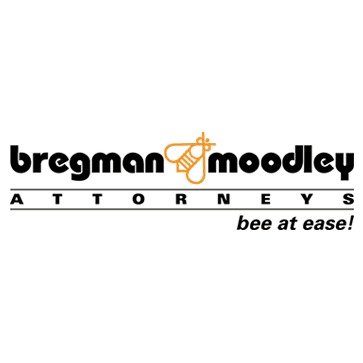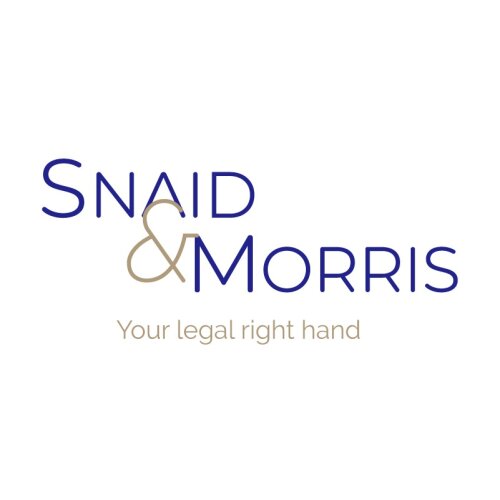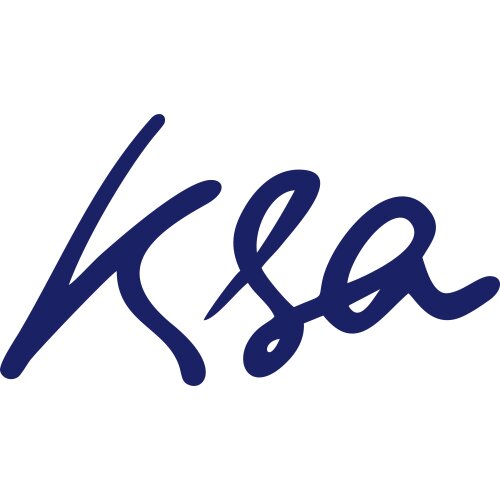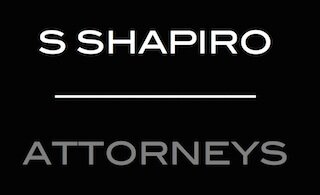Best ADR Mediation & Arbitration Lawyers in Johannesburg
Share your needs with us, get contacted by law firms.
Free. Takes 2 min.
List of the best lawyers in Johannesburg, South Africa
South Africa ADR Mediation & Arbitration Legal Articles
Browse our 1 legal article about ADR Mediation & Arbitration in South Africa written by expert lawyers.
- Resolving Cross-Border Commercial Disputes in South Africa
- Mandatory Consideration: Uniform Rule 41A requires all litigants in the South African High Court to consider mediation before proceeding to trial, making it a standard step in cross-border disputes. Enforceability: Settlements reached through mediation can be made an order of the court, giving them the same legal weight and enforcement... Read more →
About ADR Mediation & Arbitration Law in Johannesburg, South Africa
Alternative Dispute Resolution (ADR) encompasses mediation and arbitration as essential means to resolve disputes outside of traditional courtroom settings in Johannesburg, South Africa. Mediation involves a neutral third party helping disputants reach a voluntary settlement, whereas arbitration entails an arbitrator making binding decisions after reviewing all evidence and arguments. These methods have gained preference due to their cost-effectiveness, confidentiality, and time-efficient nature compared to litigation. As Johannesburg is a hub for business and commerce, the use of ADR is particularly prevalent in both civil and commercial disputes, providing a conducive environment for swift and amicable resolutions.
Why You May Need a Lawyer
Engaging legal counsel in ADR mediation and arbitration is often essential for several reasons. Navigating the legal processes involved can be complex, and an experienced lawyer can better protect your rights and interests, providing crucial advice on whether mediation or arbitration would be more suitable for your specific case. Common situations where legal assistance might be required include business contract disputes, employment disagreements, construction disagreements, and personal injury claims. A lawyer skilled in ADR can help negotiate favorable terms and ensure that agreements are binding and enforceable by the appropriate South African laws.
Local Laws Overview
In Johannesburg, ADR procedures are primarily guided by the Arbitration Act of 1965 and the more recent International Arbitration Act of 2017, which aligns with the UNCITRAL Model Law, reflecting international best practices. The Mediation in Certain Divorce Matters Act is pivotal for family-related disputes, while commercial disputes may fall under the scope of the Rules for the Conduct of Arbitrations. The legal framework emphasizes flexibility and party autonomy while ensuring the enforceability of arbitration awards. Mediation remains a voluntary process, but proposed agreements often require legal scrutiny to ensure compliance with statutory requirements.
Frequently Asked Questions
What is the difference between mediation and arbitration?
Mediation involves a third party facilitating a voluntary negotiation between parties, with the goal of reaching a mutually acceptable agreement. Arbitration, on the other hand, is more formal, with an arbitrator reviewing evidence and making a binding decision.
Are mediation and arbitration confidential?
Yes, both processes are private and confidential, unlike court proceedings. The details discussed and decisions made during mediation or arbitration generally remain confidential, protecting the parties’ privacy.
Is legal representation necessary in ADR?
While not mandatory, having a lawyer is advisable as they can provide professional advice, ensure you understand your rights, and help navigate any complexities in proceedings.
Can arbitration decisions be appealed?
Arbitration decisions are typically final and binding, with limited grounds for appeal, mostly related to procedural errors or misconduct by the arbitrator.
How long does the ADR process take in Johannesburg?
The timeframe varies based on the dispute’s nature and complexity. Mediation can resolve conflicts in days or weeks, while arbitration might take several months but is still faster than traditional litigation.
How can I enforce an arbitration award?
Arbitration awards are enforceable through the South African courts as if they were judgments of the court, under the Arbitration Act.
What types of disputes are suitable for mediation?
Mediation is suitable for various disputes, including family matters, commercial contracts, labor disputes, and neighbor conflicts, where the parties are open to negotiation.
What is the cost of mediation or arbitration?
The cost can vary significantly depending on the complexity of the case, the mediator or arbitrator's fees, and any legal representation required. It's generally less expensive than litigation.
Do I need to prepare for a mediation session?
Yes, preparation is crucial. While less formal than courtroom procedures, gathering relevant documents and having a clear understanding of your objectives can improve outcomes.
What role does a mediator play in the process?
The mediator facilitates discussion, encourages mutual understanding, and assists parties in exploring options for resolution, but does not impose a decision.
Additional Resources
For more information on ADR processes, individuals can consult the Arbitration Foundation of Southern Africa (AFSA), the Department of Justice and Constitutional Development website, or local legal aid clinics that provide advice and assistance in ADR matters. Professional bodies like the Johannesburg Society of Advocates can also connect individuals with qualified legal professionals in the field.
Next Steps
If you need legal assistance in ADR mediation or arbitration, begin by consulting a qualified lawyer with expertise in ADR to assess your situation and provide guidance. Research potential legal professionals by reviewing their credentials and track records in handling ADR cases. Initiate a consultation to understand the process, discuss your objectives, and explore possible strategies for resolving your dispute through ADR.
Lawzana helps you find the best lawyers and law firms in Johannesburg through a curated and pre-screened list of qualified legal professionals. Our platform offers rankings and detailed profiles of attorneys and law firms, allowing you to compare based on practice areas, including ADR Mediation & Arbitration , experience, and client feedback.
Each profile includes a description of the firm's areas of practice, client reviews, team members and partners, year of establishment, spoken languages, office locations, contact information, social media presence, and any published articles or resources. Most firms on our platform speak English and are experienced in both local and international legal matters.
Get a quote from top-rated law firms in Johannesburg, South Africa — quickly, securely, and without unnecessary hassle.
Disclaimer:
The information provided on this page is for general informational purposes only and does not constitute legal advice. While we strive to ensure the accuracy and relevance of the content, legal information may change over time, and interpretations of the law can vary. You should always consult with a qualified legal professional for advice specific to your situation.
We disclaim all liability for actions taken or not taken based on the content of this page. If you believe any information is incorrect or outdated, please contact us, and we will review and update it where appropriate.














